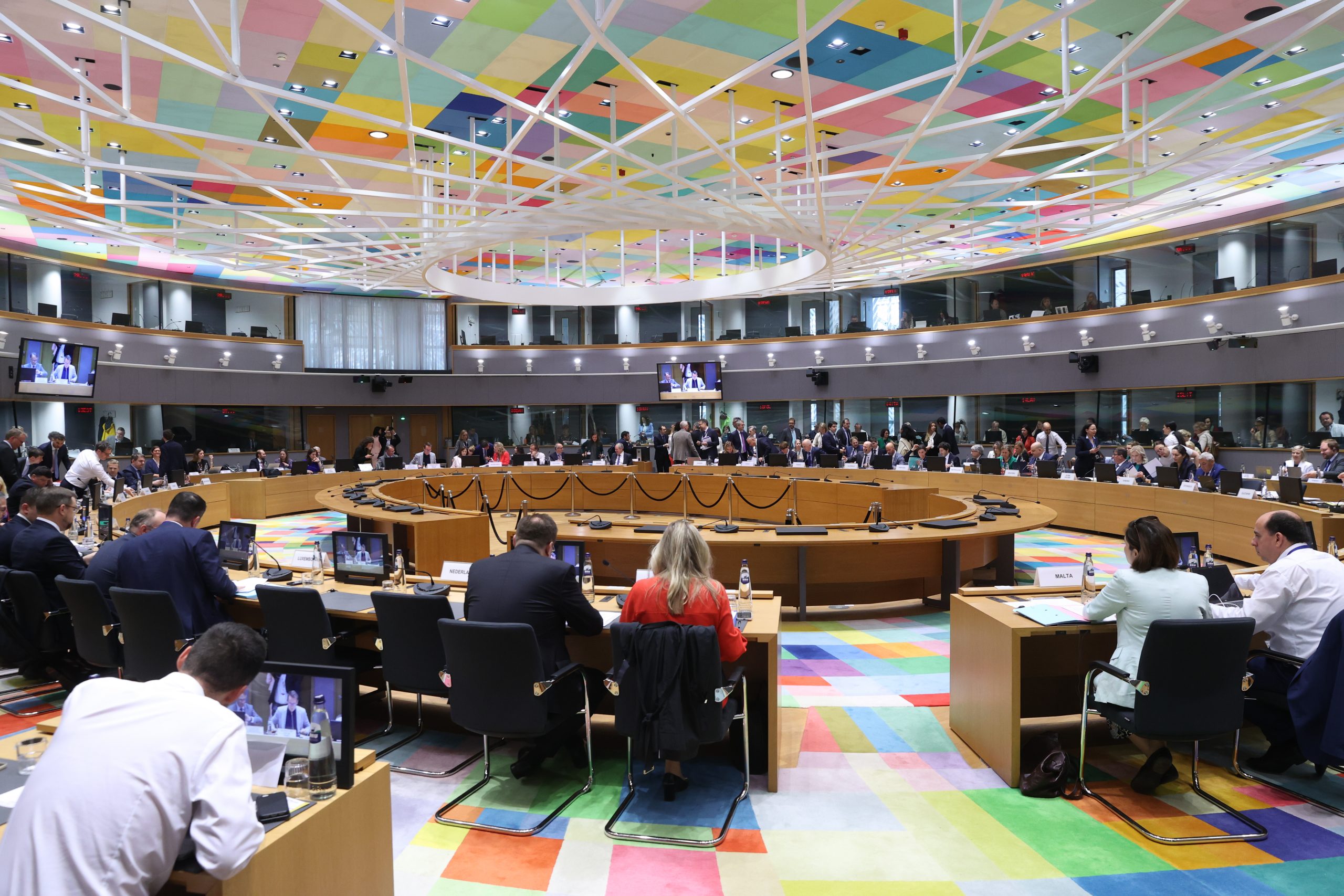The European Union Council adopted the ecodesign regulation that sets requirements for sustainable products. This regulation replaces the present ecodesign directive and increases its scope from energy products to all kinds of goods in the EU market.
“With the ecodesign regulation we create the right incentives for the industry to think circular from the very design conception of the products they plan to produce and sell in the EU,” said Pierre-Yves Dermagne, Belgian Deputy Prime Minister and Minister of the Economy and Employment.
This regulation will now affect almost all types of products, excluding a few like cars and defence and security-related products. It introduces requirements like reusability, durability, reparability and upgradability of the products. It also includes rules on the presence of substances that inhibit circularity, energy and resource efficiency, recycled content, remanufacturing and recycling, carbon and environmental footprints and information requirements, including a Digital Product Passport. The Commission will be empowered to set ecodesign requirements by delegated acts and the industry will have 18 months to comply with them.
Ecodesign criteria will be applicable in public procurement to incentivise the public purchase of green products. The new regulation introduces a direct ban on the destruction of unsold textiles and footwear (SMEs will be temporarily excluded) and empowers the Commission to introduce similar bans for other products in the future. The ecodesign regulation will be aligned with the Digital Services Act when it comes to products sold online.
